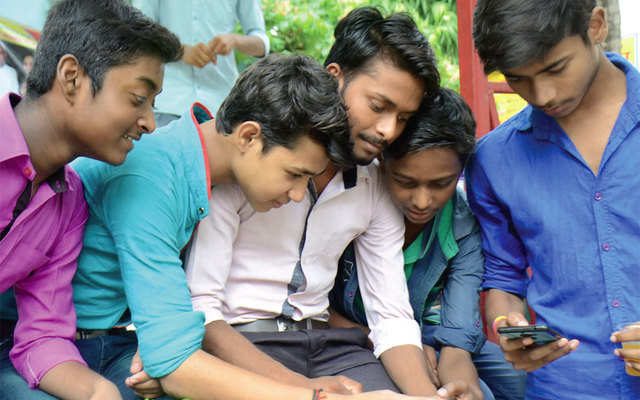Telecom Operators have asked the e-commerce giants including Amazon, Flipkart, Snapdeal, ShopClues and Rediff.com to freeze the sale of mobile signal boosters claiming that selling such wireless devices is illegal and also a punishable offence under the Indian Wireless Telegraph Act of 1933.
The Cellular Operators Association of India (COAI), in a letter has also said that “usage of such wireless telegraphy apparatus by end-customers creates severe interference in the licensed frequency bands assigned to telcos, impacting the overall quality of (mobile) services”.
The association has analysed that the features of the repeaters and boosters being sold online claim that these devices foster signals across the 800 MHz, 900 MHz, 1800 MHz, 2100 MHz and 2300 MHz licensed spectrum bands, which are dedicated to telecom carriers.
The COAI which includes Bharti Airtel, Vodafone and Reliance Jio has urged the online retailers “to immediately cease and desist” from selling mobile signal boosters and repeaters which come under the definition of ‘wireless telegraphy apparatus’ and ‘wireless transmitter’ as per the Indian Wireless Telegraph Act.
“It is pertinent to note that possession and sale of such equipment, without obtaining requisite permissions under the Wireless Telegraph Act and rules framed thereunder, constitutes a violation of the provisions and is a punishable offence under Section 6 of the Act,” says Rajan Mathews, director general of COAI.
Mathews also refers to a DoT letter which was floated on May 10, 2016 that had asked the online/e-commerce companies that under Indian Wireless Telegraphy (Possession) Rules, 1965, “no person/dealer shall sell or hire a wireless set/equipment to any person, unless they hold a valid dealer possession licence (DPL)”.
When inquired from Amazon, the e-commerce giant replied that sellers selling their products through the Amazon.in the marketplace are “solely responsible for all necessary product compliance and are required to sell products which are legally allowed to be sold in India”







